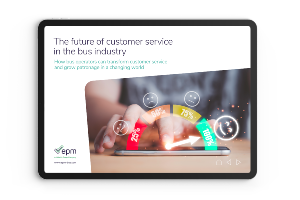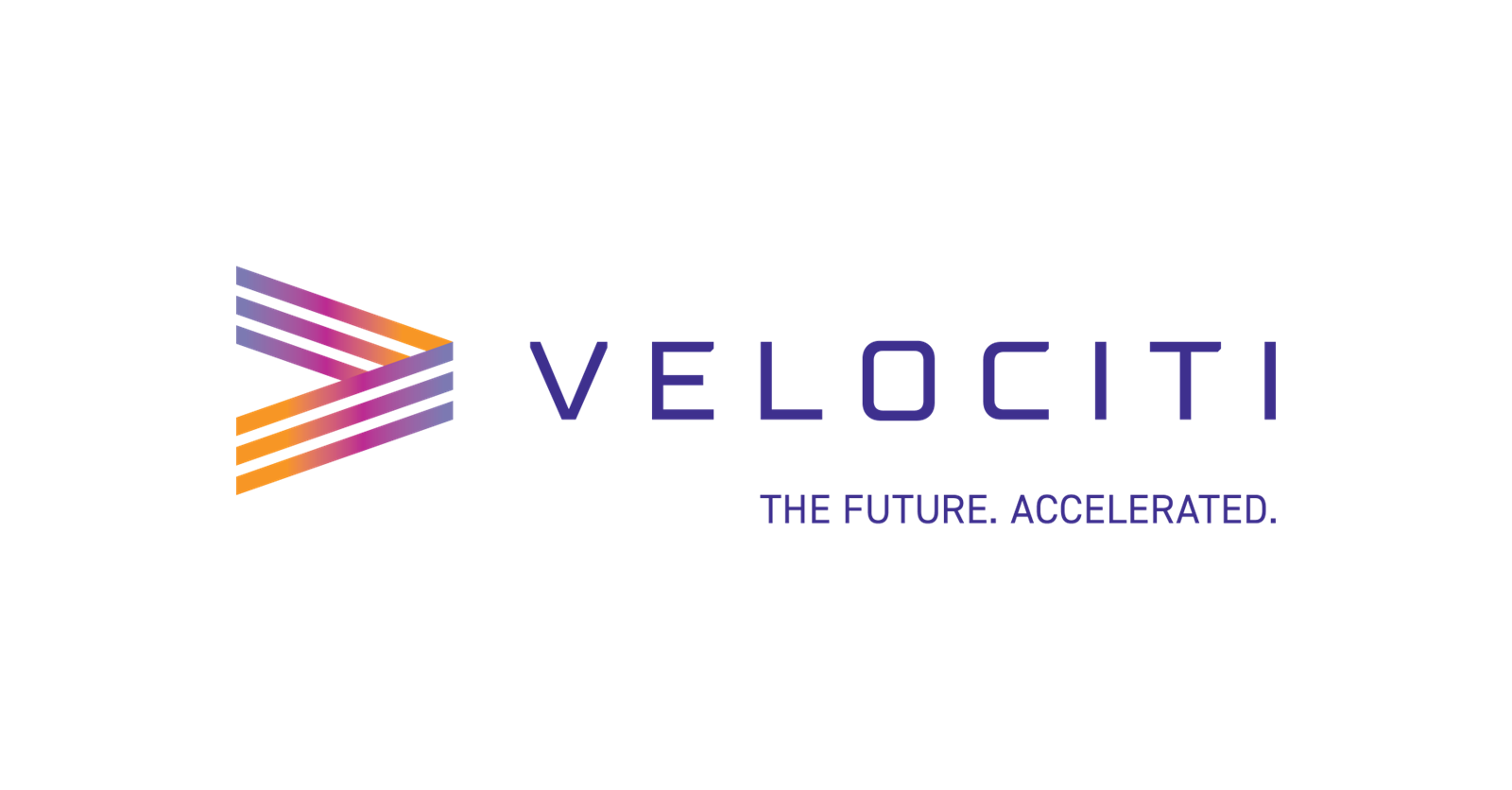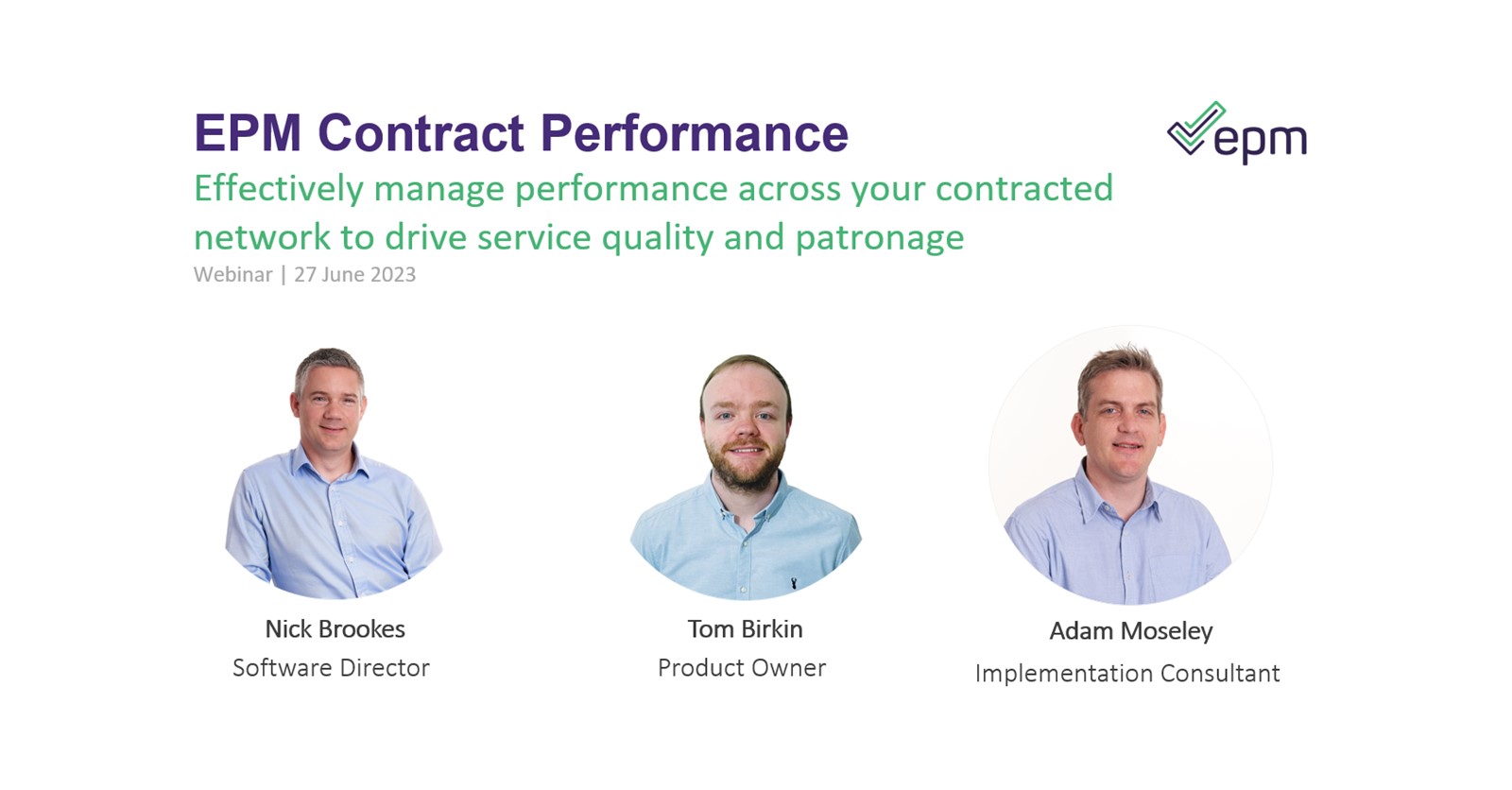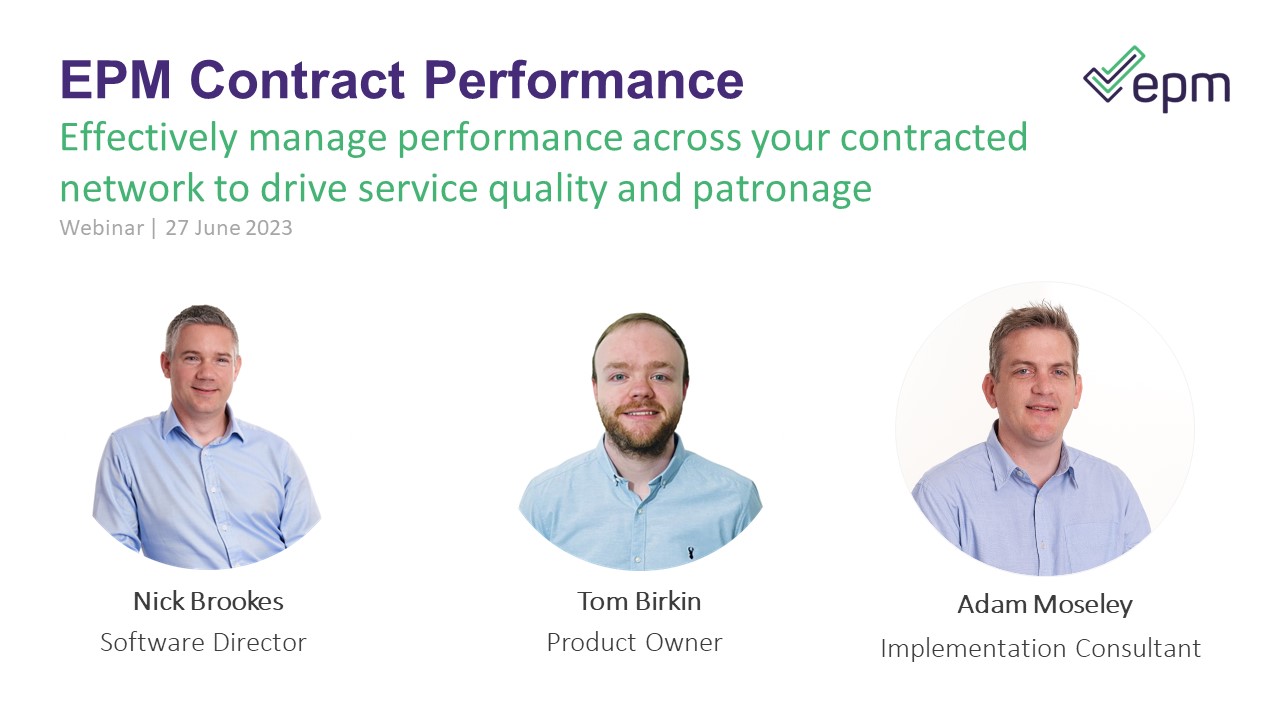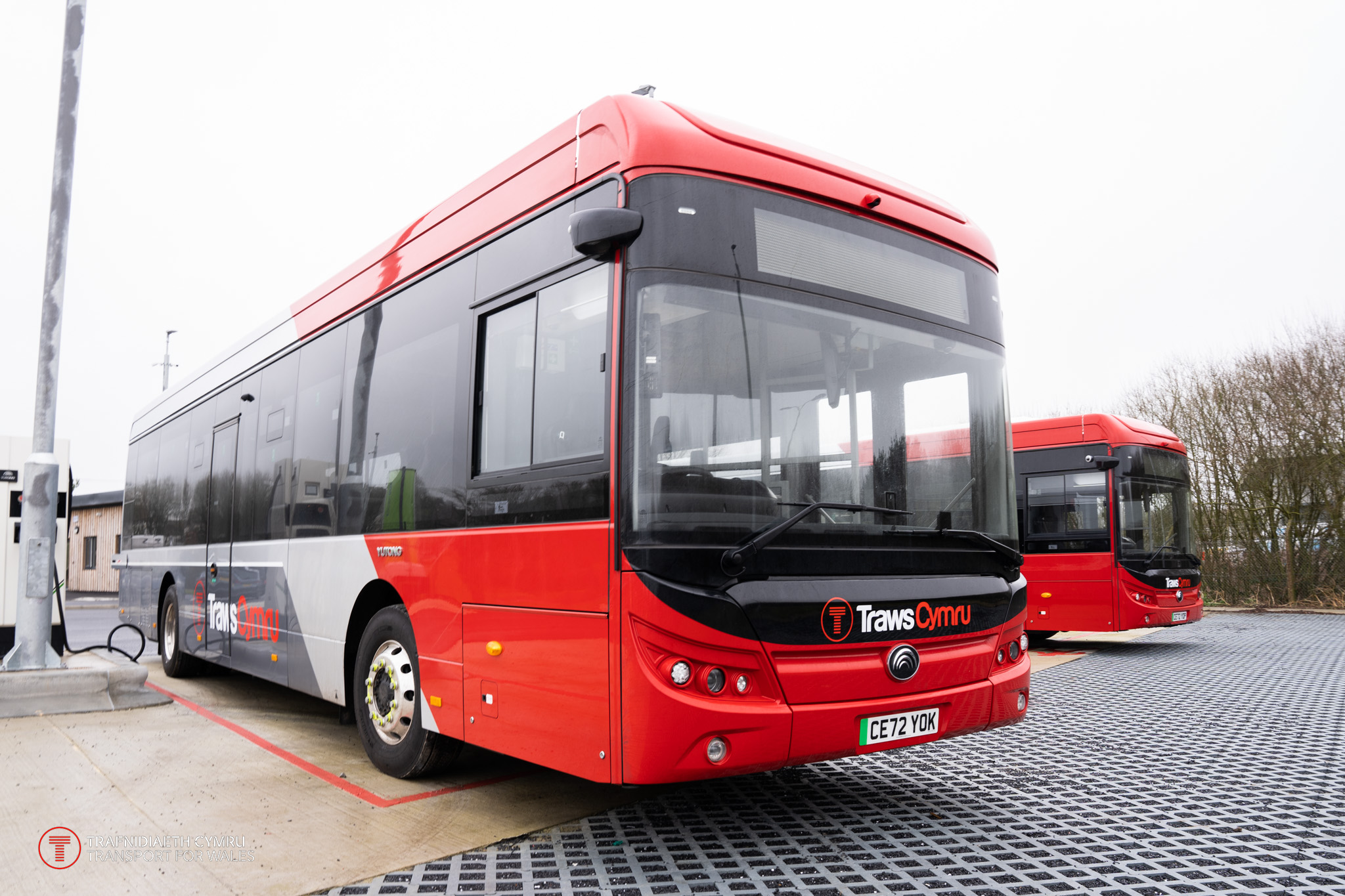Good customer service addresses passenger concerns and complaints promptly, improving the overall customer experience and retention. By listening to feedback and continuously striving to meet passenger needs, bus service providers can build trust and credibility with their customers, leading to long-term relationships and increased patronage.
Managing customer service in a commercial network
In a commercial network, bus operators are typically responsible for managing customer service directly. This involves setting their own standards and protocols for handling customer inquiries, complaints, and feedback, as well as ensuring that buses are clean, safe, and on time.
Bus operators usually have dedicated customer service teams or representatives who are trained to address passenger needs and concerns. These teams are responsible for responding to customer enquiries, resolving complaints, and collecting feedback to improve service quality. As well as providing information about routes, schedules, fares, and any service disruptions or changes.
Managing customer service in a franchised network
In a franchised bus network customer service becomes the responsibility of the transport authorities, a structured customer service model would need to be established to ensure a seamless and efficient experience for passengers. Several key areas need to be considered:
Clear service standards: The transport authorities would need to define clear service standards and expectations for customer service, including response times, complaint resolution procedures, and quality benchmarks.
Training and support: Providing comprehensive training and ongoing support to customer service teams on how to deliver excellent customer service, handle enquiries and complaints effectively, and represent the franchise brand positively.
Communication channels: Establishing multiple communication channels for customers to reach out with feedback, complaints, or enquiries, such as phone, email addresses, website forms, social media platforms, and in-person customer service centres.
With social media, email, and websites being used more by passengers, this has resulted in an increase in the speed and frequency of feedback, as well as customer expectations rising for faster responses.
How technology can help
Technology plays a crucial role in helping transport authorities to get ahead of their new responsibilities to efficiently manage customer feedback and improve overall service quality as well as enhancing communication with passengers.
Key considerations for a software solution should include:
- A central repository which automatically consolidates customer feedback from multiple sources (email, website, social media) to get a complete view of customer interactions and identify any issues within the network quickly and easily
- Visibility of the operating environment with feeds of dynamic and static data giving customer services visibility of any network issues to respond quickly to the customer with a quality outcome
- Multi-platform communication management to efficiently respond to customers using their preferred channel: social media, email, website and phone
- Standardised workflows that streamline the investigation process such as generating driver feedback forms and evidence requests to further investigate customer feedback
- Case management capability that tracks the follow up of all customer feedback, activities, outcomes, and review responses against Service Level Agreement measures
Improving the customer service experience
Finally, factors need to be considered for improvement mechanisms which would feed into building future strategies to better meet the needs and expectations of passengers while enhancing overall efficiency and effectiveness. Key areas include:
Operator feedback mechanisms: Communication between the transport authority and operator is key; operators need visibility of feedback being received for services they are operating.
Monitoring and evaluation: Implementing mechanisms to monitor and evaluate customer service performance, such as regular audits, surveys, and feedback collection to identify areas for improvement and ensure compliance with service standards.
Continuous Improvement and visibility of feedback: Encouraging a culture of continuous improvement by analysing customer feedback, measuring against KPIs and standards, identifying trends, and implementing changes to enhance the overall customer service experience.
Management information should be shared with operators to collaborate on executing improvement plans and resolving identified driver, vehicle or route issues.
Summary
Customer service is essential in increasing patronage in bus services because it fosters passenger satisfaction, loyalty, and advocacy, ultimately driving growth and success for the network.
The key areas include standards, processes, systems, training, analytics, and reporting to establish a structured customer service model. This will ensure that passengers receive consistent, high-quality service when using the bus in a franchised network and that the customer service operation is effective, responsive, and focused on meeting the needs of passengers.
How we can help:
With franchising gaining prominence, technology will play an increasingly important role. We can help transport authorities to successfully navigate the challenges of managing a customer services function with our Customer Resolution Centre; and provide comprehensive reporting and analytics with our Insights solution, enabling you to make well-informed decisions and build feedback into network improvement plans.


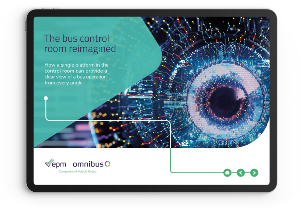



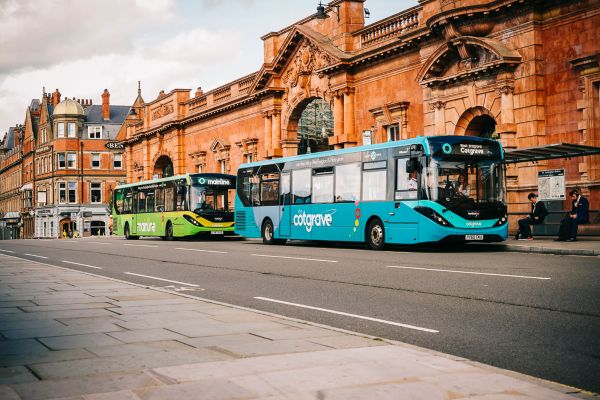
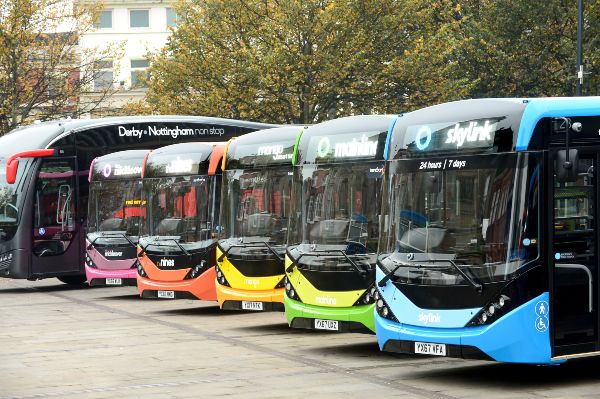
 EPM’s strong delivery track record and their ability to deliver a total end-to-end solution without relying on outside partners for complementary expertise, make them a valued partner for trentbarton to achieve our growth plans. With their proactive approach to developing new solutions and supporting operators in improving operational efficiency, we are confident our future needs will be met as our requirements evolve.”
EPM’s strong delivery track record and their ability to deliver a total end-to-end solution without relying on outside partners for complementary expertise, make them a valued partner for trentbarton to achieve our growth plans. With their proactive approach to developing new solutions and supporting operators in improving operational efficiency, we are confident our future needs will be met as our requirements evolve.” operators can make informed, efficient and effective decisions all in one place. By combining this data, it will be easier for trentbarton to ‘join the dots’ to identify problems and will facilitate proactive decision making; identifying problems before they even occur. “No other solution can do this, which further enhances our expertise in passenger transport.”
operators can make informed, efficient and effective decisions all in one place. By combining this data, it will be easier for trentbarton to ‘join the dots’ to identify problems and will facilitate proactive decision making; identifying problems before they even occur. “No other solution can do this, which further enhances our expertise in passenger transport.”

